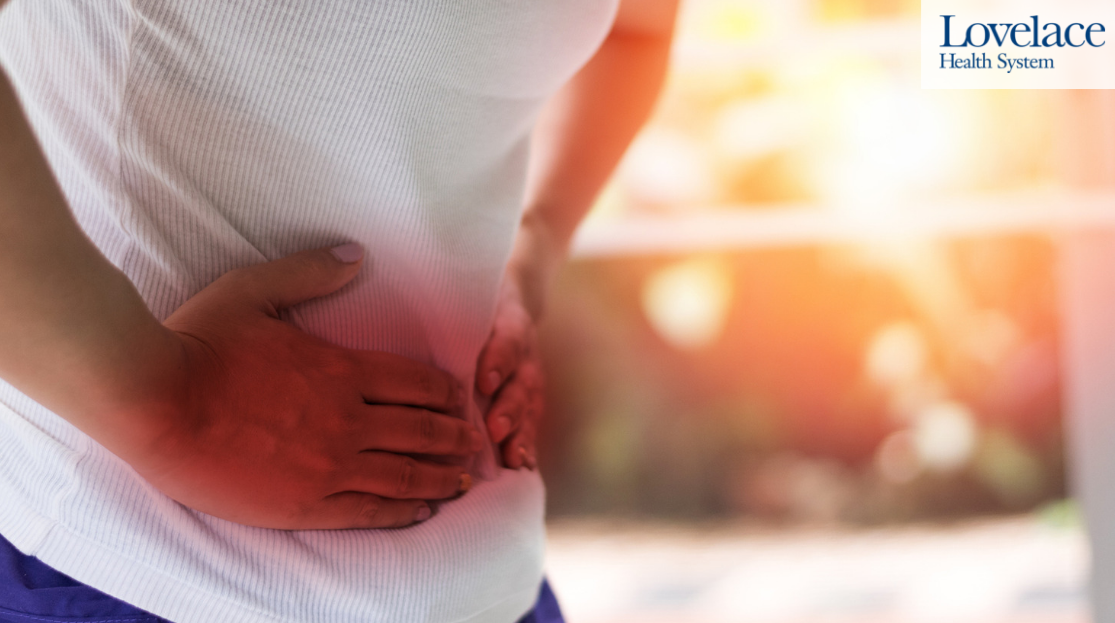
A hernia is a common problem for both men and women, and is much more than a simple muscle pull. A hernia occurs when there is a weakness or hole in the muscle wall, allowing a bulge of tissue to protrude through the muscle.
The symptoms of a hernia may include a dull ache, feeling of weakness, heaviness, pressure or a burning sensation in your abdomen, groin or scrotum.
“You need to see your doctor before your symptoms worsen,” explained Mario Leyba, M.D., a board-certified general surgeon with Lovelace Medical Group.
“When you start having symptoms that affect your everyday activities or when symptoms get worse and more frequent, you need to seek medical attention, especially if your job requires lifting.”
Common Hernias
The most common types of hernia are inguinal (inner groin), femoral (outer groin), umbilical (belly button), incisional (surgical scar) and hiatal (upper stomach). Inguinal hernias are the most common type of hernia, and account for 75% of abdominal wall hernias.
Most hernias can be treated with minimally invasive surgery. Dr. Leyba and his staff offer a minimally-invasive approach to hernia repair, utilizing the da Vinci Surgical System. Patients can expect less pain, shorter hospitalization and quicker recovery.
“Traditionally, if you get a repair with an open incision, you’re at a higher risk for recurrence, infection, pain and nerve injuries,” explained Dr. Leyba. “Ninety-nine percent of all repairs I do is with the small incision to get the best possible outcome for pain, infection and recurrence.”
“Hernias are one of my passions and we treat a lot of them. They are very common and not going away anytime soon. Hopefully we can continue helping people.”
Talk to your doctor if you suspect that you have a hernia. For more information or to schedule an appointment, call 505.727.7050.




